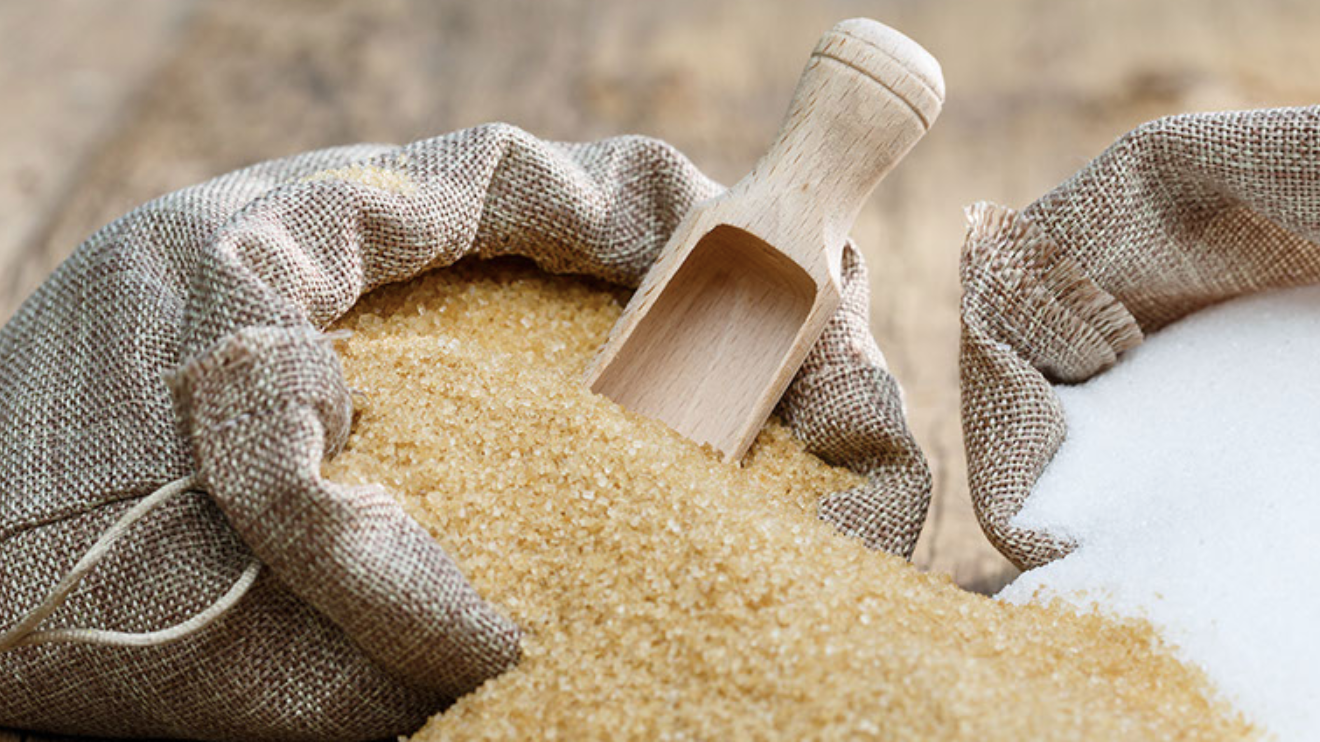The National Treasury has announced a two-month extension to the duty-free importation period for white and brown sugar from outside the Common Market for Eastern and Southern Africa (COMESA), aimed at easing local sugar supply constraints.
In a Gazette Notice, Treasury Cabinet Secretary Njuguna Ndung’u revealed the extension, shifting the deadline from April 6, 2024, to June 30, 2024, allowing traders to bring in 250,000 tonnes of sugar without duty charges.
This measure is intended to augment local production and mitigate soaring sugar prices.
"It is notified for the general information of the public that…the Cabinet Secretary for the National Treasury and Economic Planning has extended the period for the importation of 250,000 metric tonnes of white or brown sugar specified in Gazette Notice No. 14093 of 2023 dated October 13, 2023, from the April 6, 2024, to June 30," Ndung’u stated.
The decision to prolong the importation window stemmed from a plea by Agriculture Cabinet Secretary Mithika Linturi, who highlighted a pressing need to bridge the gap between local sugar production and demand.
Read More
Linturi's request to the Treasury underscored the anticipated shortfall in domestic sugar output, projecting a deficit of 192,000 tonnes for the initial half of 2024 based on current production trends.
The move aligns with government efforts to stabilize sugar prices and ensure adequate supply in the market, addressing concerns over potential shortages and inflated costs.
By extending the duty-free importation period, authorities aim to bolster the nation's sugar inventory, offering relief to consumers and businesses alike.
The decision received mixed reactions, with some stakeholders welcoming the initiative as a pragmatic response to supply challenges, while others expressed reservations regarding its long-term implications for local sugar producers.
Despite the extension providing temporary relief, industry observers emphasize the importance of sustainable measures to enhance domestic sugar production, emphasizing investments in agricultural infrastructure, technology, and policy frameworks to foster competitiveness and self-sufficiency in the sector.
As the extended importation window unfolds, stakeholders remain vigilant, monitoring its impact on local sugar markets and evaluating the need for further interventions to ensure a resilient and sustainable sugar industry in the long run.



 shares a light moment with the company's Group CEO Dr Patrick Tumbo (right) at a past event-1758121528.jpeg)
-1758116028.jpeg)



